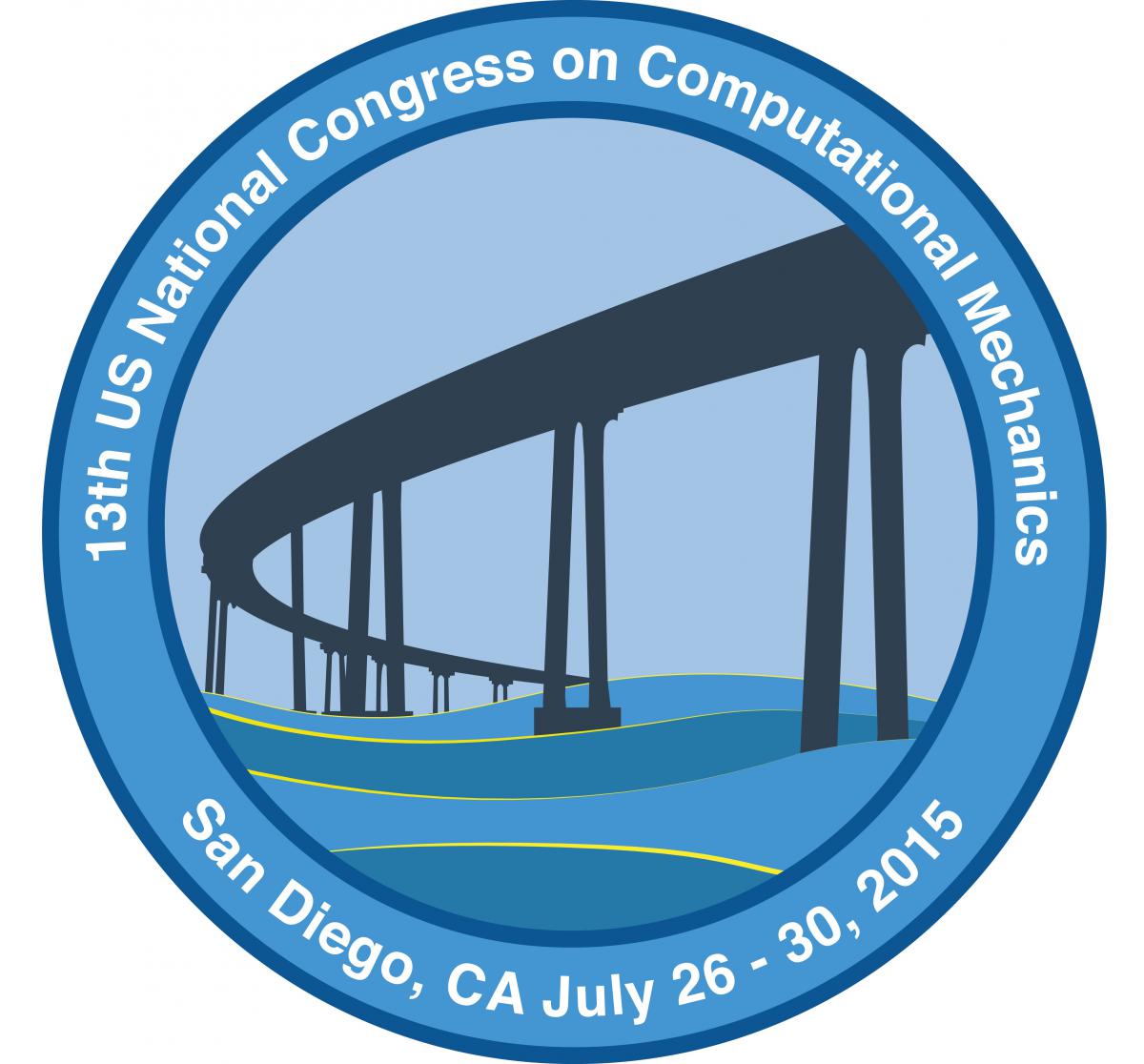Challenges in Scientific Computing at Extreme Scale
Current and upcoming supercomputers provide extreme levels of parallelism at both the intra-node and inter-node levels. These systems have millions of nodes each with many/multi cores and even accelerators. Specialized interconnects are used to connect nodes across the system while multi-level memory hierarchies are used within each node. Furthermore, parallel file systems and customized operating systems are often used on these systems. Such features on these extreme-scale supercomputers introduce substantial challenges in the areas of computational methods, algorithm development, programming models and software techniques. These challenges must be addressed if these computer systems are to meet their potential in solving relevant science and engineering problems and in performing relevant predictions. In this minisymposium, emphasis will be placed on methods and tools that tackle challenges related to scientific computing at extreme scales, such as scalable numerical methods, domain decomposition methods, hybrid parallelism and threading, load balancing and partition improvement, parallel mesh generation and adaptation, parallel data analytics, etc.
Focus will be on application areas that: (i) span multiple scales within a simulation, (ii) link multiple models, (iii) employ adaptive techniques, (iv) deal with general discretizations and domains, (v) include uncertainty quantification, (vi) involve inverse problems, and/or (vii) apply data assimilation.





